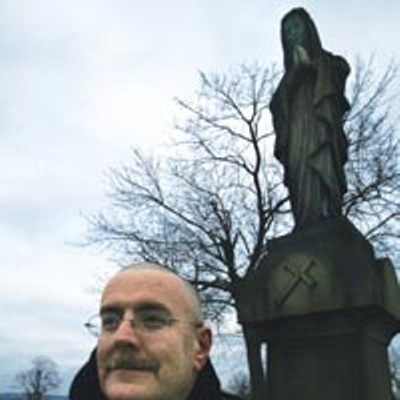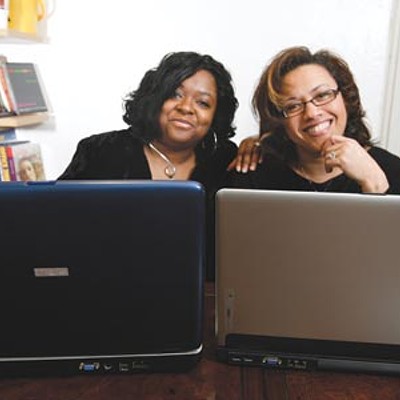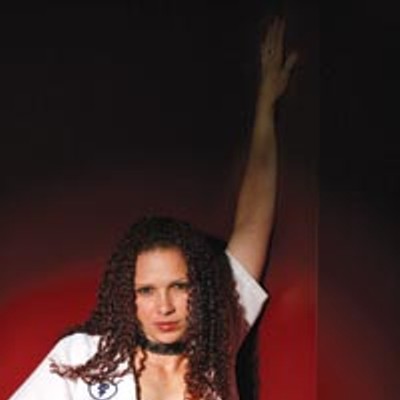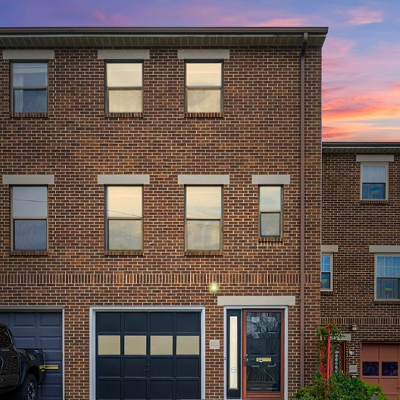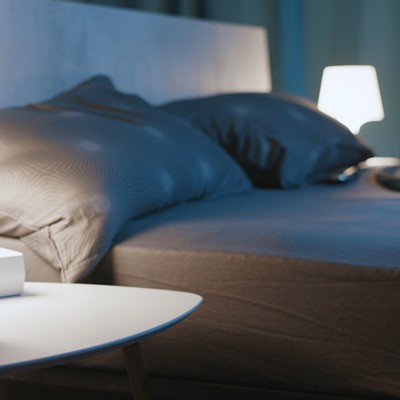So 14 years of Prohibition ended in a second?
When beer came back, our family living quarters was right beyond our grocery store. We had an ice-cream fountain right in the front. That was our first bar. We had several customers waiting for the first beer, which we served at midnight, with the truck parked on Federal Street from Fort Pitt brewery 10 minutes to 12. The first strike of the library clock gong, I took the first case off, brought it in, sold a bottle of beer for 10 cents. And we did fairly [good] business from 12 to 2.
Did people really miss beer?
In our grocery store, we sold a lot of yeast, a lot of Blue Ribbon malt, a lot of Hires root beer extract: People made their own. It wasn't that they missed beer. If you didn't have it, you had a family member who made beer.
Describe the bar back then.
In '33 beer came back, but in '35 my father tore down the building, the grocery store, and built a bar. We had a 49-foot long bar; we had tiled trough [for a spittoon and ashtray] and a brass rail. There were no stools and we had running water in that tile. We had the most beautiful bar in Western Pennsylvania at that time.
The day dad opened up, all the liquor was taken off the bar. We sold beer only, for a nickel a glass. That was our price, plus you got a glass free. We sold the equivalent of 15 barrels, equivalent of 30 halves -- they were heavy wooden barrels -- from 11 a.m. to 12 p.m., everybody was drinking beer. You did not need a penny. You're out in the street -- "Come on in, have a beer." The guy put a quarter down, get 10.
You still tend bar?
I live upstairs. Eleven every morning. And I work afternoons and I work evenings. I put in three, four, five hours a day. Friday night I'm here most of the night.
People travel to see you?
Many, from all over the United States. And that's no exaggeration. The other day my sons called me down, there was a gentleman down here visiting from St. Louis and he wanted to meet me, wanted me to draw him a beer. I tell my sons, "If anyone wants to see me, call me." If they come out of their way, from out of town, sure I'd like to honor their visit. I enjoy conversations.
How did TV change the bar business?
The first time we had a TV in our bar was probably '47. Dumont was the radio station, KDKA. We had an 11-inch screen. Looking at that thing, Friday night fights, it was crowded. You had programs on there like Milton Berle, and the other comedians, Art Carney and Jackie Gleason. You had the Lucky Strike band every week, you had Frank Sinatra. You name it. They just loved it. Because at that time the bars were the only ones with the televisions. That television set cost about $1,200, which was a lot of money in the late '40s. But it created business.
What's it like being a neighborhood bar these days?
Neighborhood bars are the toughest. Because they're competitive. You've gotta keep low prices. We're not a cocktail lounge where they can double your price on every drink they sell. People in a cocktail lounge, they get in the business three, four five years, they make it, they get out. Ain't no one ever gonna last 71 years. Not that I'm concerned about anyone beating my record. It will never happen.
Know any good hangover cures?
Don't drink! For a day or two. Get yourself straightened up. Hangover cures -- that's it. Grin and bear it.


